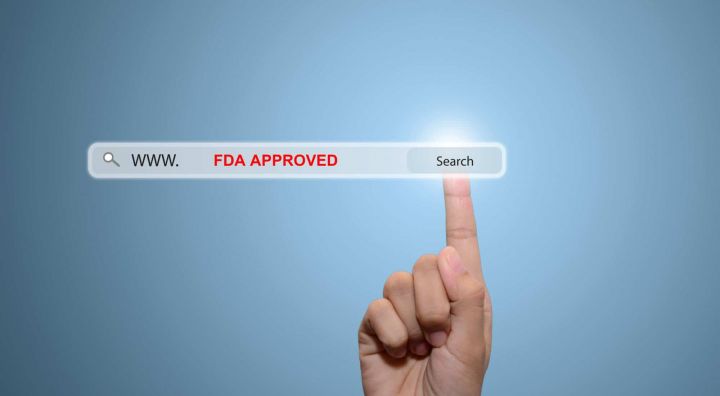Teaching Doctors to Listen (2018)
Experts discuss how to help doctors better listen to their patients when diagnosing their illness in order to improve care plans and decrease healthcare costs.


Experts discuss how to help doctors better listen to their patients when diagnosing their illness in order to improve care plans and decrease healthcare costs.

Multitasking seems like a necessity for most people, and most of us think it improves our efficiency. However, studies show that only a tiny proportion of people can juggle tasks well. Researchers discuss why our brains can't do two things at once, and why "supertaskers" may be different.

A noted expert discusses the vast amount that we don't know about chemicals and how tougher regulation in other countries could help keep Americans safer.

Patients used to accept doctors’ orders without question. Today, more are challenging their doctors’ opinions. However, even those who do it politely are likely to be labeled “difficult.”

Some FDA commissioner candidates have proposed radical reform. Experts discuss what reform might look like and what the FDA needs to better succeed.

Genetic testing is now available to consumers to satisfy a variety of desires, however, risks come with what doctors say is incomplete knowledge.

Studies have found that many doctors don't really listen to their patients, and so miss how illness is affected by the other things in life.

A longtime food market researcher discusses why we choose the foods we eat.

Color blindness (or color vision deficiency) affects up to eight percent of men. Until recently, doctors could do nothing to treat it. Now high-tech glasses can make colors come alive for many people with the most common form of color blindness.
Subscribe to get the latest from Radio Health Journal directly in your inbox.

